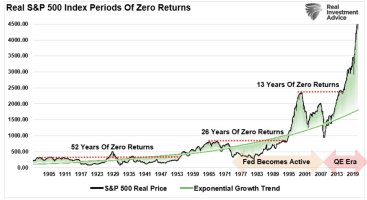I’ve been thinking about what you are saying here. Never borrow to invest - ever.
What would be the better position.
1. £1,000,000 in investment property, or;
2. £1,000,000 in investment property, £500,000 mortgage and £500,000 in shares?
I would argue that #2 is better as it is a more balanced investment portfolio.
Therefore, if you ever find yourself in the fortunate position to have £1m in investment property mortgage to 50% and put that cash into S&Ss, and trickle feed it from S&Ss into a S&Ss ISA.
It is sort of what Clare and I are doing. We are prioritising maxing out our ISAs, our boys JISAs and their JSIPPs over repaying mortgage debt.

















